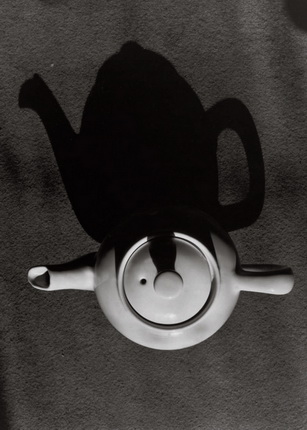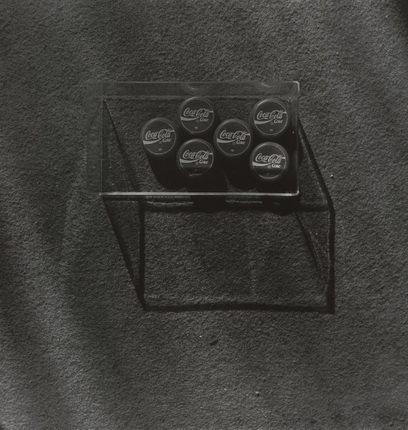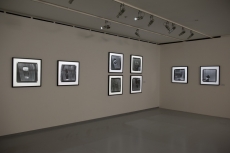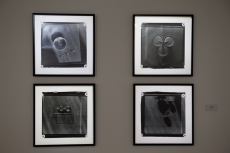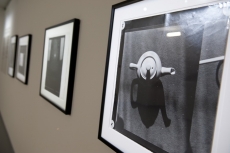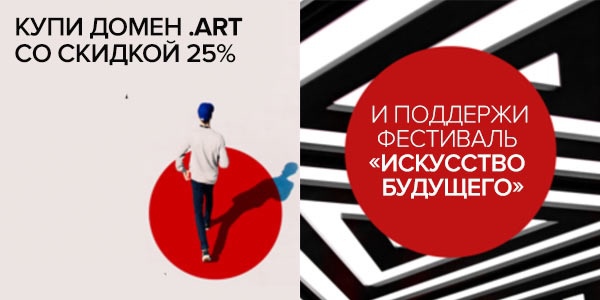Photographic Essays by Alexander Slyusarev
Moscow, 6.02.2014—23.02.2014
exhibition is over
Share with friends
For the press
Alexander Slusarev (1944-2010) was a translator from Italian by profession. He became interested in photography while still at school and attended a studio run by the magazine Soviet Photo. Slusarev participated in exhibitions from the late 1960s, initially in the Baltic states, then Russia.
His debut as a photographer coincided with the Thaw under Krushchev. In 1957 Moscow staged the International Festival of Youth and Students, bringing a flood of foreign books and magazines into the country, including many about photography. For Slusarev the magazine Camera became one of his most important introductions to the world of photography.
Slusarev’s first photographs in the early 1960s already declared the creation of his own style, fundamentally opposed to the principles of Socialist Realism dominating Soviet photography at that time. His fascination with the formal questions of photography and problems of light and composition determined his creative path, while he also searched for metaphysical content and transcendental origins. It was Slusarev that first devised the term ’metaphysical photography’ in the 1970s. Curiously enough, a school of meta-metaphorical poets with similar aims appeared during the same period (Alexei Parshikov, Ivan Zhdanov, Alexander Yeremenko).
Minimalism, an interest in the disintegrated structures and textures that filled Soviet reality and passed unnoticed by ideologised Soviet man, and extreme intimacy yet philosophical generalisation were the chief characteristics of Alexander Slusarev’s work in the 1960s to late 1970s. Windows, Slusarev’s favourite subject, became a focus of unofficial Soviet photography. Incidentally, these were the years when important artists of the Russian underground such as Erik Bulatov, Ivan Chuikov and Oleg Vasiliev also produced series of compositions related to windows and the problem of escape. In the completely closed Soviet Union, sealed from the outside world by an Iron Curtain, the problem of finding a way out became the major existential issue. For Slusarev the point of egress is light.
In the laconic, minimalist and subtle works of Alexander Slusarev, whatever lies beyond the frame assumes greater importance than the subject actually depicted. For Slusarev photography became an instrument of philosophical reflection and an alternative way of life in a society where everyone spoke an Aesopian language, where meaning was erased by ideological slogans and people saw what they knew.
Olga Sviblova

